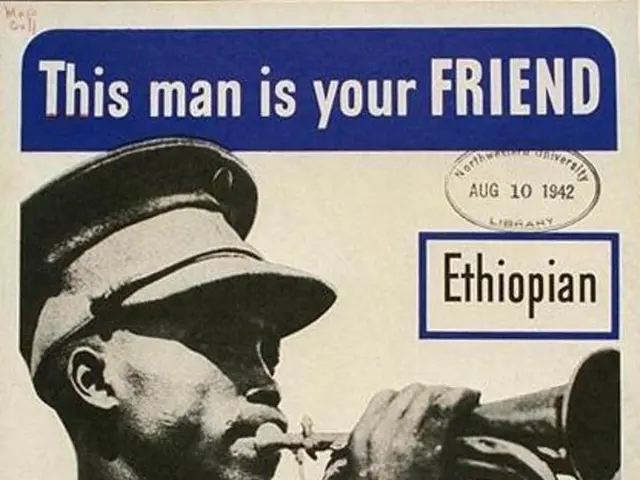"Trump faces a significant disadvantage in comparison to Putin, as per Kleim's statement at 09:29"
The Ukraine War continues to be a focal point of international attention, with a broad and multifaceted coalition primarily led by Western countries offering support to Ukraine.
Support for Ukraine
A 31-country "Coalition of the Willing," spearheaded by the UK and France, represents Europe's most ambitious collective support for Ukraine. This coalition has committed at least €40 billion in military aid for 2025 and is planning a "Multinational Force Ukraine" to help secure Ukraine post-conflict. Notably, traditionally neutral countries like Ireland have joined this coalition, signifying a shift towards stronger support for Ukraine.
Diplomatic Efforts and Negotiations
Diplomatic attempts to negotiate peace, including an upcoming meeting involving former U.S. President Donald Trump and Russian President Vladimir Putin, are complex and tentative. European leaders have made it clear that no peace deal should limit Ukraine’s armed forces or allow Russia veto power over Ukraine’s EU or NATO aspirations. However, Russia demands veto rights over Western military assistance and security guarantees, seeking to restrict Ukraine’s military capabilities and alliances.
Trump-Putin Meeting
On August 15, 2025, Trump hosted a bilateral summit with Putin in Anchorage, Alaska, the first Western leader to do so since Russia’s full-scale invasion began. Trump initially pushed for an immediate ceasefire and negotiations but appeared to temper demands, agreeing implicitly with Putin’s proposal for a frozen conflict line contingent on Ukraine ceding control of parts of Donetsk and Luhansk.
Trump and his adviser reportedly discussed "Article 5-style" security guarantees for Ukraine involving multiple countries. Putin allegedly agreed in principle, though details remain vague, and Kremlin statements indicate Russia wants veto power over such guarantees, making the arrangement unclear.
Ongoing Conflict and Challenges
The situation remains tense, with no immediate breakthrough expected. Russia continues to oppose a direct bilateral meeting between Putin and Ukrainian President Zelenskyy, maintaining firm conditions on ceasefires and peace talks. Russia expects moratoriums on long-range strikes before ceasefires and accuses Ukraine of provocations that complicate agreements.
In Ukraine, the city of Pokrovsk, with 1327 civilians still living, is dangerously close to Russian forces. An evacuation from Pokrovsk is almost impossible without the defense forces due to Russian forces shooting access roads with fiber-optic FPV drones. In the southern Russian region of Volgograd, there was a fire and a leak in an oil refinery as a result of a drone attack.
The Ukrainian foreign intelligence service reports falling prices for Russian oil, with a barrel of Urals oil being $1.50 cheaper than a barrel of Brent. The UN Refugee Agency reports that Ukrainians live in daily fear for their lives due to the ongoing invasion.
Political Tensions
Political tensions continue to run high, with Sahra Wagenknecht, chairwoman of the Left party, accusing German Chancellor Friedrich Merz of prolonging the war in Ukraine.
As the situation in Ukraine continues to evolve, it is clear that the international community remains deeply divided, with complex negotiations and ongoing military support shaping the landscape of this conflict.
Read also:
- Discussion between Putin and Trump in Alaska could potentially overshadow Ukraine's concerns
- Massive 8.8 earthquake hits off the coast of Russia's Kamchatka Peninsula, prompting Japan to issue a tsunami alert.
- Court petitions to reverse established decision on same-sex marriage legalization
- Independence supporters in New Caledonia refuse agreement offering authority without a vote on sovereignty








